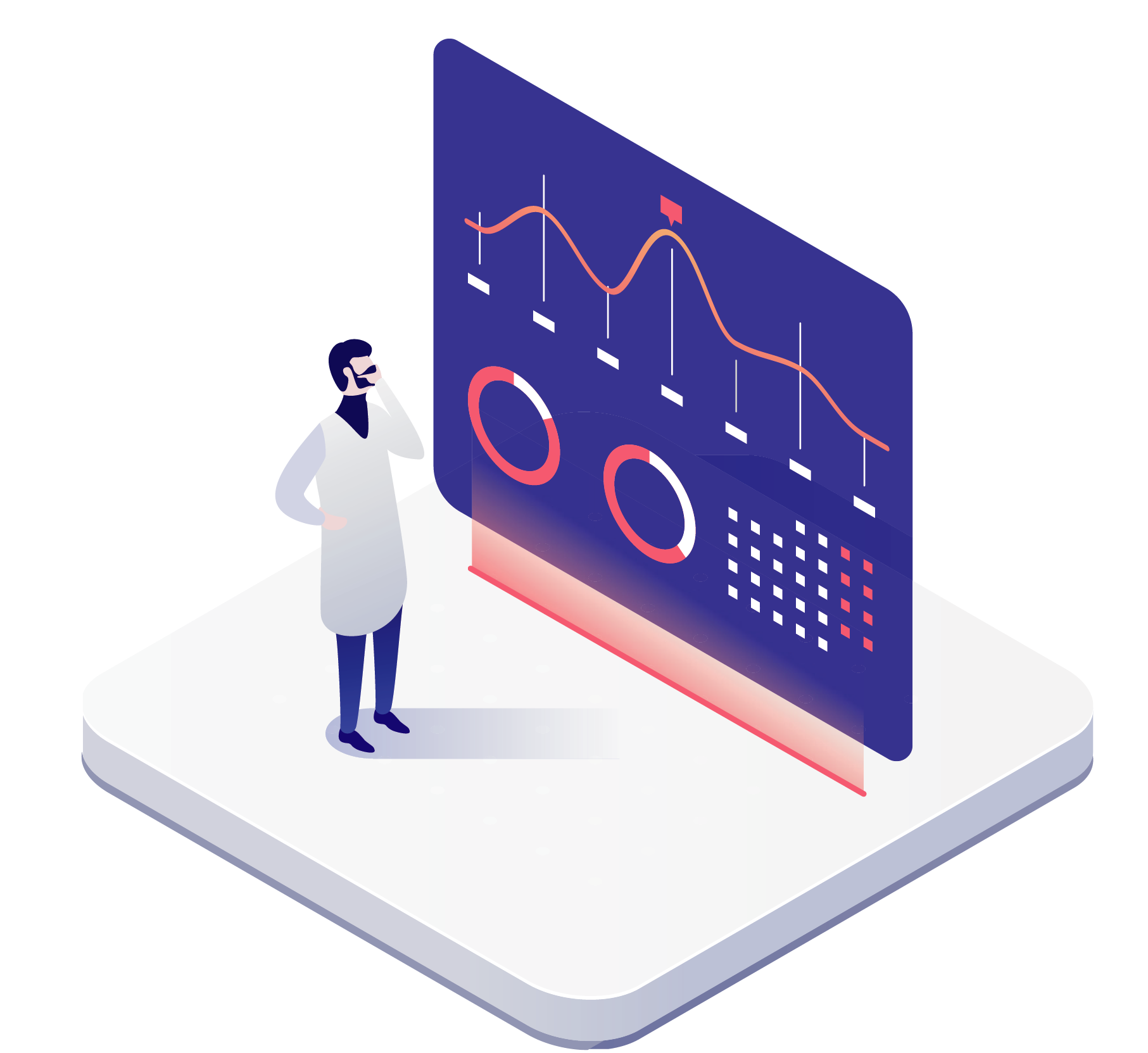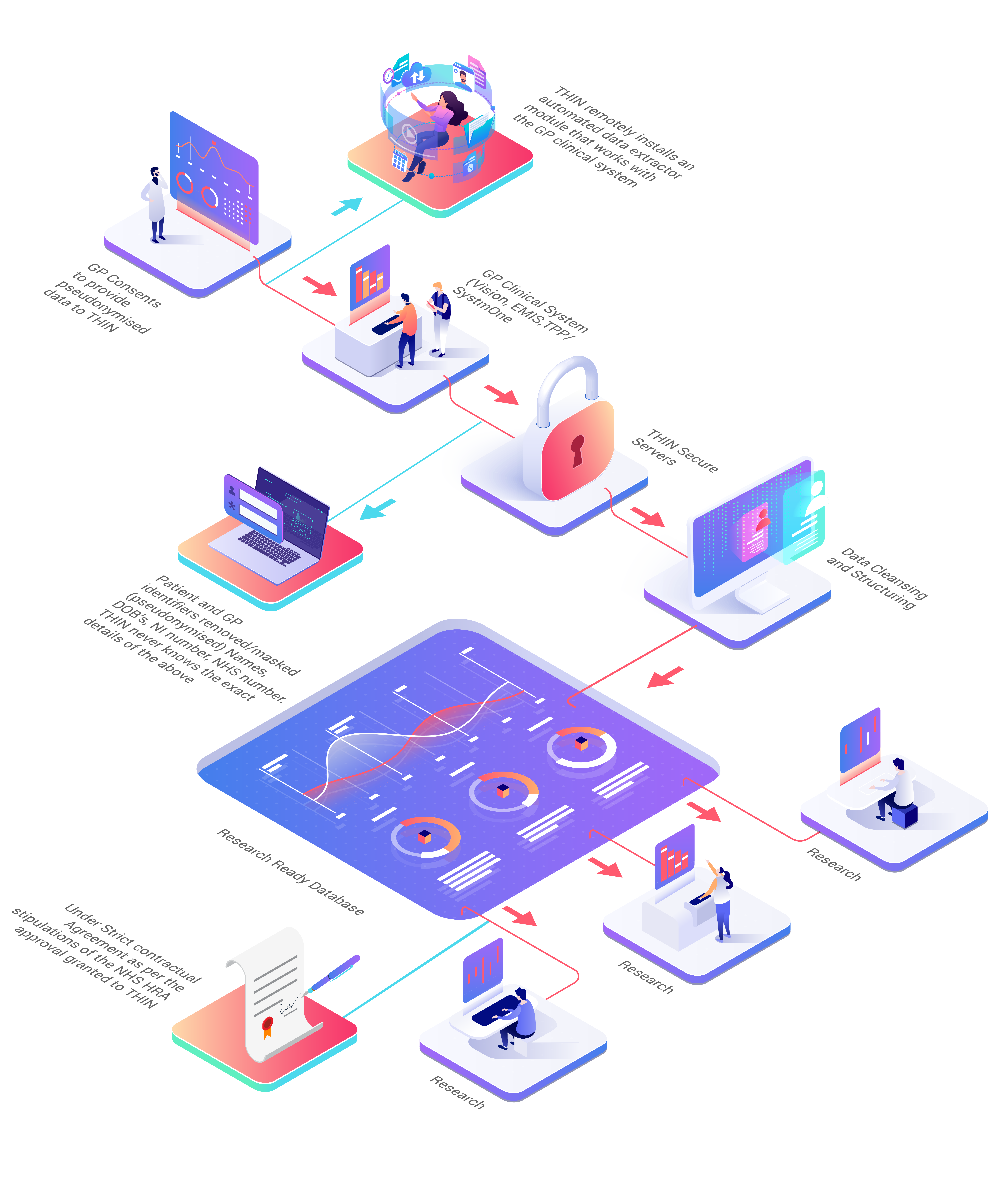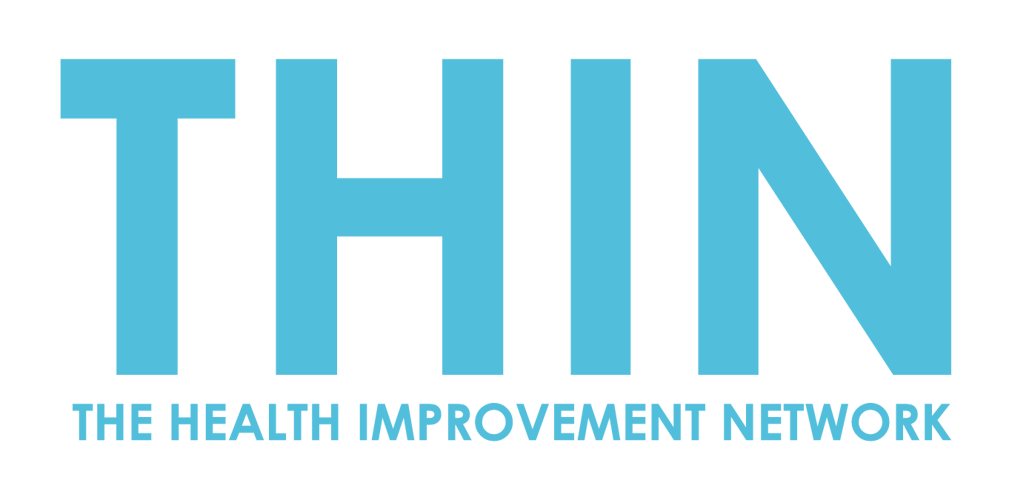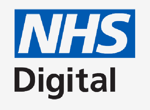The frontline for real world data - help our shared understanding of patient pathways and improving patient services

THIN® - a GPs view
GPs are the primary care frontline contact between the NHS and the population. With around 6 million GP appointments every week – and almost 120 million outpatient appointments a year – in England alone, GPs are the most prolific data collectors and managers.
As such we work in partnership with GP Practices to ensure the utmost quality of the information provided to THIN® to guarantee its accuracy. As part of the wider healthcare system GPs and GP Practices benefit short and long term.
As THIN® Members GPs receive benefits when they join, find out more about the potential benefits package for your practice here.
GP Testimonial
“As a practice we have been part of THIN® for the last 5 years, the process of signing up, providing data and the robustness of the approach management and ethical standpoint is robust. Contributing to future patient outcomes in this way is a real positive.”

Practice and Patient Data
THIN data is guaranteed as being anonymised (i.e. there is no identifiable patient information). To be of value, data must be collected ethically, managed properly and used responsibly. At the core of THIN® is the recognition that just as good healthcare is built on a fundamental bond of trust between doctor and patient, trust in the data collector is essential if the transformative potential of health data is to be understood and realised.
Patient data is heavily regulated and Patient confidentiality must always be protected, irrespective of the potential opportunities that data sharing creates. A number of studies have confirmed that people are generally comfortable with anonymised data from medical records being used for improving health, care and services, for example through research. It is important to emphasise the broader value of patient data to the population whilst acknowledging the potential value to commercial organisations i.e. Pharma.
The THIN® Advisory Committee provides advice on the operations of the database, to ensure that it continues to be used in a way that maximises its research value in the best interests of the public whilst protecting the rights of its data subjects.
Regulatory bodies we have approval from include:
The Outputs - Informing Patient Care
Good data can power better, safer and more effective models of care for patients. As technology unlocks real-world data and more sophisticated tools of analysis, these will be key to driving better population health outcomes and more sustainable models of care.
Longitudinal Real-World Data can help to better understand patient responses to treatment. Combining patient data with predictive modelling to explore outcomes, pharma can work with healthcare services to get closer to ‘the right medicine, to the right patient, first time’.
Alongside longitudinal patient data, new data streams emerging are helping to develop a more granular understanding of patient populations, local variation and unmet needs in the Health Care sector.

Data Outputs - anonymised patient data provides a powerful baseline of activity at the front line of NHS care.
Information captured in biobanks, patient registries and collaborative clinical trial networks is being combined with electronic patient records to fuel deeper and more complex data sets that unlock definitions of what healthcare ‘value’ looks like in the real world.
FAQ's
- Are we allowed to provide confidential patient-related data to such a database?
Yes, many UK general practices provide anonymised data to research databases, and there is no impediment to this, providing the data is anonymised and is used in accordance with current data protection regulations and ethical principles.
- Will our practice be identifiable?
No, the identities and addresses of practices are not provided to researchers.
- What information does THIN® collect?
Registration Details, patient encrypted ID, year of birth, sex, registration dates. For patients less than 1 year old, the month as well as year of birth is collected. Therapy records, acute and repeat prescriptions, dates and issues, including prescribing instructions, drug codes and dosages. Medical history records and clinical codes. Additional health data, including blood tests and other examination results.



